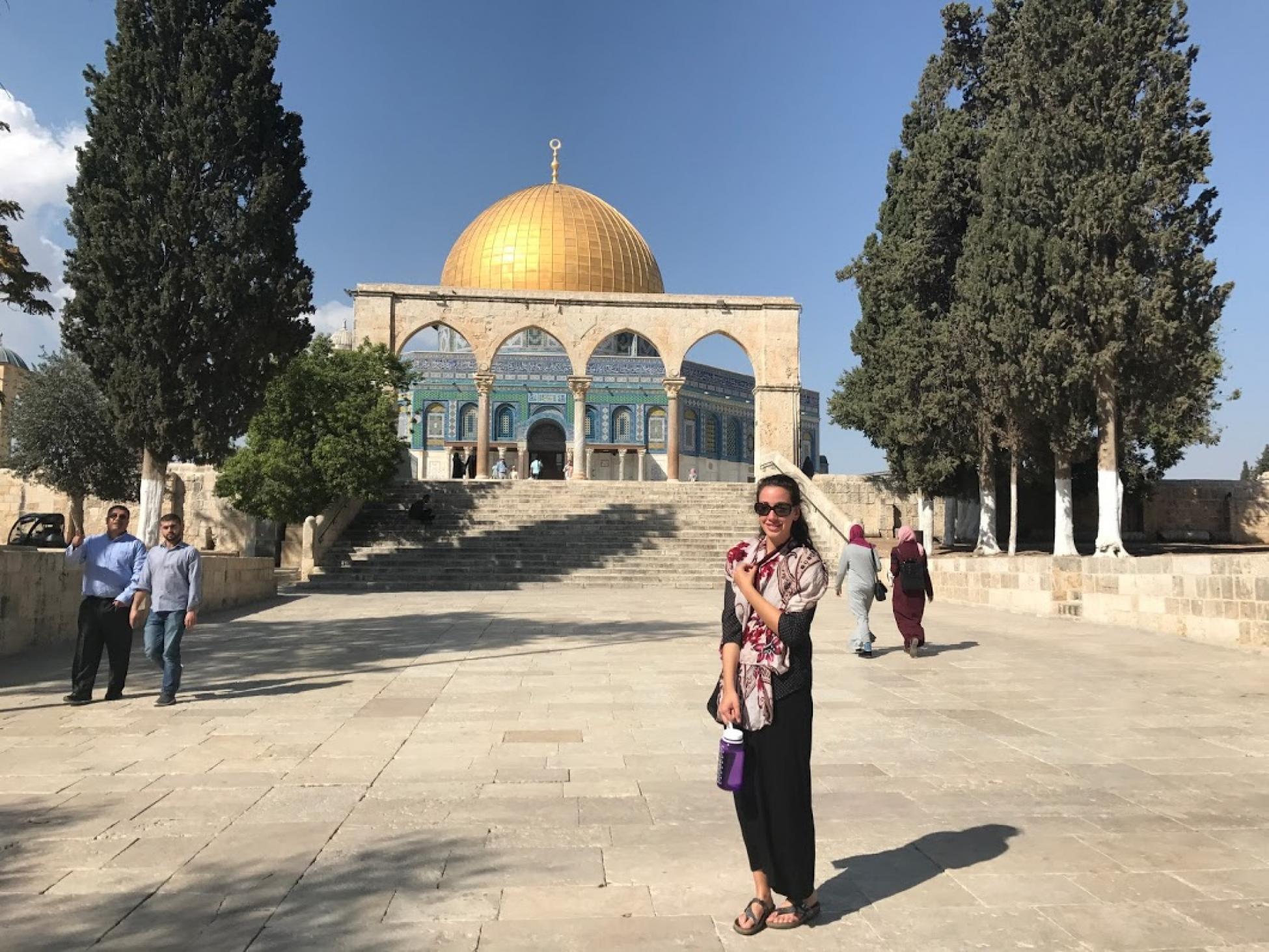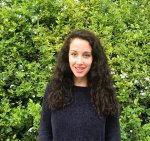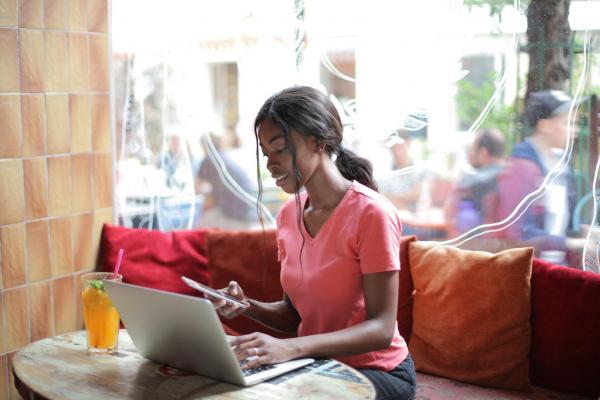When I decided to spend nine months volunteering in Israel, I knew I was coming to a country infamous for its never-ending conflict. My friends questioned why I would choose to spend so much time in country with so much danger and controversy, and it seemed that every day I read about conflict in Israel. I wanted to experience for myself what it was like living in a country so full of newsworthy stories and controversy.
What I found was a complicated society, full of diversity and facing nuanced, often existential issues. As part of my volunteer program, I volunteered for 30 hours a week in Rishon LeZion, Israel’s fourth largest city located just south of Tel Aviv. I lived in a neighbourhood that has been home to wave after wave of immigrants coming to Israel since 1948. From Yemenites to Moroccans, then to Russians and Ethiopians, this neighbourhood has been home to the most marginalized populations in Israeli society.
What I found was a complicated society, full of diversity and facing nuanced issues.
I worked in two schools (one secular and one religious), community centres, after-school programs and even a non-profit, getting to know the people in my community. I had an Ethiopian-Israeli host family that welcomed me into their home and fed me injera (a traditional Ethiopian dish) every week.
As I got to know my host family and the members of my community better, I learned that everyone has a story to share.
As part of my program and as part of my new community, I learned about the many hot-button issues in Israeli society, including the absorption of new immigrants from Ethiopia and Russia into Israeli society; the influx of refugees from Sudan and Eritrea into Tel Aviv; and the residents’ fears that the city will change. I learned about the tension between secular and religious communities; the separation between Jewish and Arab communities; and of course the Israeli-Palestinian conflict.
By the time my program ended, I knew I wanted to stay in Israel for another year. My time abroad just didn’t feel complete. I was learning Hebrew and trying to understand the culture, so I made the decision to extend my time. I applied for a work visa, found a job in Tel Aviv and faced the new challenges of making a living in a foreign country.
Israel is a hard place to live. People are often abrasive and rude, and you must truly advocate for yourself if you want to accomplish anything in this country—from getting a job and opening a bank account, to buying cheese at the grocery store. There are moments when I am incredibly homesick and wish that I didn’t live a 13-hour plane ride away from my family.
But Israel is also full of life and energy. There’s so much to do and see of history and culture in every city and town, and even in the middle of the desert. Despite the challenges of living so far away from home, I’m excited the embrace the new challenges of learning Hebrew, making new friends, and doing as much as I can while I am here.
Add this article to your reading list




